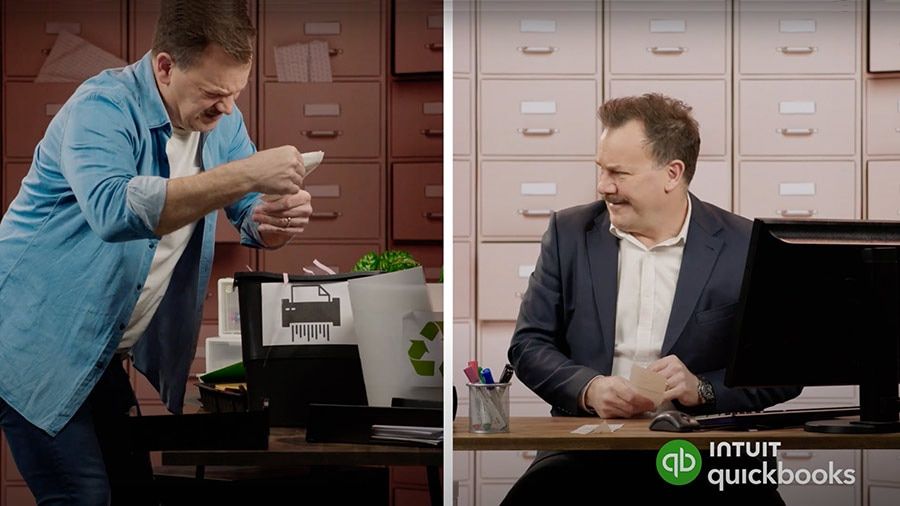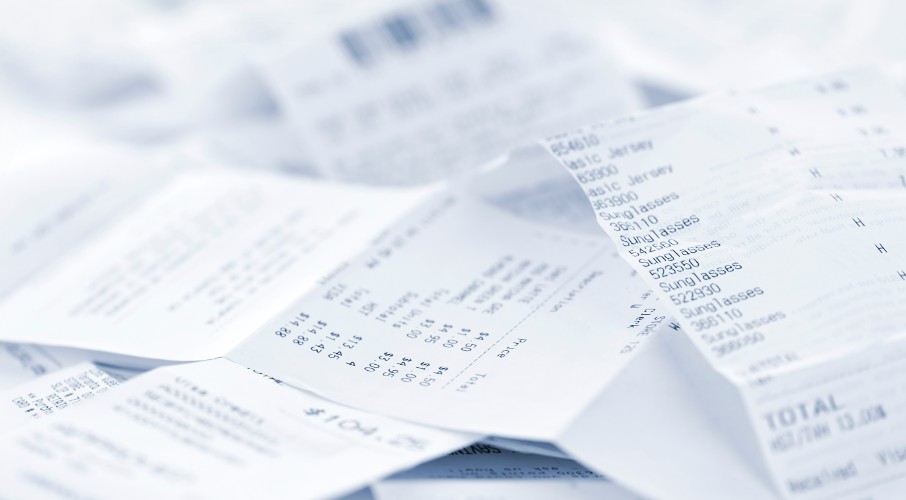What is a receipt
Receipt Definition
A receipt is a written or electronic document that contains information about a financial transaction, such as a purchase, payment, or donation. It serves as proof of payment or exchange of goods or services between two parties and records details such as the date, amount paid, and description of the goods or services purchased.
Receipts are typically issued by a seller or service provider to a buyer or customer and can be used for various purposes, including accounting and tax reporting. The amount of information included on a receipt can vary depending on the type of transaction and the requirements of the governing authority. However, most receipts typically include the following information:
- Date of transaction
- Name and address of the seller or service provider
- Name and address of the buyer or customer
- Description of goods or services purchased
- Quantity of goods or services purchased
- Total amount paid, including taxes and any other fees or charges
- Payment method
Receipts can either be in a physical form, such as paper, or electronic form, such as an email or an e-receipt. They provide verifiable proof of the transaction, making them an important document for both the buyer and the seller.
A receipt can also be used as a tool for budgeting and expense tracking. By keeping track of receipts, individuals can monitor their spending habits and identify areas where they may need to cut back or reallocate their resources. Receipts can also be used to track business expenses for accounting and tax purposes.
In recent years, electronic receipts have become increasingly popular, particularly for online transactions. Electronic receipts are often emailed to the buyer or customer and can be easily saved and organized on a computer or mobile device. This makes it easier to track expenses and reduces the need for physical paper storage.
In some industries, such as restaurants and other hospitality businesses, receipts are used by customers to provide feedback and tips. This provides a way for customers to rate their experience and for service providers to improve their customer service.
In summary, a receipt is a document that records a financial transaction, provides proof of payment or exchange of goods or services, and contains important information about the transaction. It serves as an essential tool for accounting, budgeting, and expense tracking, and can be used by both buyers and sellers as a record of the transaction.
Receipts can also include other important information beyond the basics mentioned earlier. For example, receipts may include:
- Return policy: Many receipts include information on the return or exchange policy of the seller or service provider. This information is important for buyers or customers, as they can reference the receipt to ensure they are following the correct procedure for returning or exchanging goods or services.
- Warranty information: Receipts can also include details about warranties or guarantees that are offered with the product or service. This information can be important in case the product or service has issues, as it outlines what is covered and for how long.
- Loyalty rewards: Some receipts may include details about loyalty programs or rewards that the buyer or customer is eligible for. This can be an effective way for businesses to incentivize repeat customers and build customer loyalty.
- Marketing messages: Some receipts may also include marketing messages or offers for future purchases. This can help businesses encourage customers to return and make additional purchases.
Lastly, receipts play an important role in tax reporting and accounting. Individuals and businesses are required to keep accurate records of their expenses, and receipts can be used as proof of those expenses. In some cases, receipts are required by law for tax purposes, and failure to produce them can result in penalties or fines.







